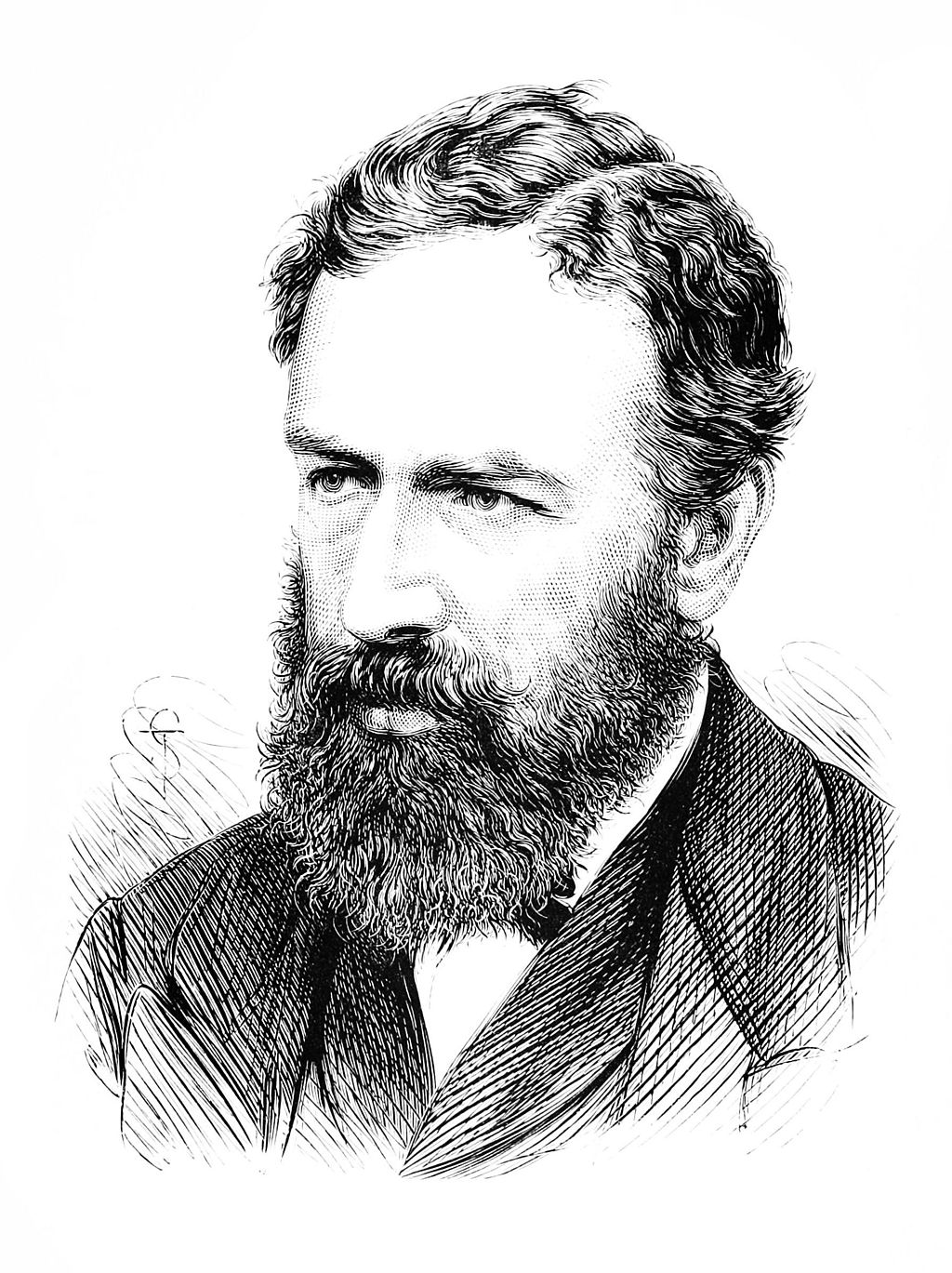In today’s world, pursuing efficiency has become a primary goal in various fields, including energy consumption, technology, and resource management. We constantly strive to develop more efficient technologies, hoping to reduce our environmental impact and enhance overall sustainability. However, a fascinating phenomenon, the Jevons Paradox, suggests that efficiency improvements can sometimes lead to increased consumption rather than the intended conservation. Here, we will delve into the concept of the Jevons Paradox, explore its origins, and examine real-world examples that illustrate its effects.
Understanding the Jevons Paradox
The Jevons Paradox is named after the English economist William Stanley Jevons, who first observed this phenomenon in the mid-19th century. Jevons noticed that improved steam engine efficiency resulted in higher coal consumption rather than conservation. He argued that as the efficiency of steam engines increased, their usage expanded, offsetting any gains made in energy conservation.

The concept of rebound effects can explain the underlying mechanism of the Jevons Paradox.
When the cost of using a resource decreases due to increased efficiency, it becomes more attractive for consumers and industries to utilise it. Consequently, this increased affordability leads to higher consumption and can potentially offset the initial gains in efficiency.
Real-World Examples
Fuel Efficiency and Vehicle Usage:
Like the energy sector, vehicle fuel efficiency improvements can also increase consumption. When cars become more fuel-efficient, the cost of driving per mile decreases, making it more affordable for individuals to use their vehicles — often increasing vehicle miles travelled, offsetting any energy conservation benefits from improved fuel efficiency. Research conducted by Nissan found Electric Vehicle (EV) drivers yearly travel over 370 miles further than petrol/diesel car users.
Energy Efficiency and Consumption:
The most prominent example of the Jevons Paradox can be seen in the energy sector. As energy-efficient technologies emerge, individuals and businesses are motivated to increase their consumption due to reduced costs. For instance, the advent of energy-efficient lighting, such as LED bulbs, has led to widespread adoption. However, the overall energy consumption for lighting has not decreased significantly because the reduced cost per light unit has prompted people to install or use more lights for extended periods. Hence the proliferation of outdoor lighting products and the number of homes lit up at Christmas.
Digital Technology and Energy Consumption:
The rise of digital technology and the internet has undoubtedly brought numerous benefits to society. Yet, the proliferation of intelligent devices and data centres has substantially increased energy consumption. Despite the improved efficiency of individual devices, the overall energy demand has surged due to the expanding usage of digital technologies.
Implications and Solutions
The Jevons Paradox has significant implications for policymakers, businesses, and individuals concerned about resource conservation and sustainability. It suggests that relying solely on improving efficiency may not be sufficient to achieve the desired environmental outcomes. While efficiency gains can undoubtedly contribute to reducing our impact, they must be complemented by measures that address the rebound effects.
Awareness and Education:
Raising awareness about the Jevons Paradox is crucial. By understanding the potential pitfalls of efficiency gains, individuals and organisations can make informed decisions and avoid falling into the consumption trap. Education can help promote more conscious consumption habits and encourage long-term thinking.
Policy Measures:
Governments can implement policies that incentivise sustainable behaviour beyond efficiency improvements alone. These policies may include measures like carbon pricing, stricter energy standards, and regulations that encourage the adoption of renewable energy sources. By considering both efficiency gains and consumption patterns, policymakers can create a more comprehensive approach to tackle resource depletion and environmental degradation.
Systemic Changes:
To address the Jevons Paradox effectively, we must examine the underlying systems that drive consumption. Transitioning towards circular economies, promoting sharing and collaborative consumption models, and encouraging the development of sustainable technologies can help break the cycle of increased consumption resulting from efficiency gains.
The Jevons Paradox serves as a reminder that the relationship between efficiency and consumption is complex.
While efficiency improvements are crucial in reducing our ecological footprint, they may not achieve the desired conservation outcomes. The phenomenon highlights the need for a holistic approach considering both efficiency gains and the behavioural and systemic factors influencing consumption patterns.
By understanding the Jevons Paradox and its implications, we can strive for a more sustainable future. Through awareness, education, policy measures, and systemic changes, we can break the cycle of increased consumption and achieve genuine environmental sustainability. Only by addressing the complex dynamics between efficiency and consumption can we effectively navigate the challenges of resource depletion and climate change in the years to come.